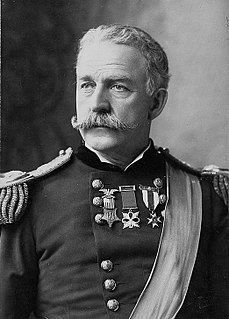A Quote by Jethro Tull
The sand-castle virtues are all swept away in the tidal destruction, the moral melee.
Quote Topics
Related Quotes
We are like children building a sand castle. We embellish it with beautiful shells, bits of driftwood, and pieces of colored glass. The castle is ours, off limits to others. We’re willing to attack if others threaten to hurt it. Yet despite all our attachment, we know that the tide will inevitably come in and sweep the sand castle away. The trick is to enjoy it fully but without clinging, and when the time comes, let it dissolve back into the sea.
Strength, Courage, Mastery, and Honor are the alpha virtues of men all over the world. They are the fundamental virtues of men because without them, no 'higher' virtues can be entertained. You need to be alive to philosophize. You can add to these virtues and you can create rules and moral codes to govern them, but if you remove them from the equation altogether you aren't just leaving behind the virtues that are specific to men, you are abandoning the virtues that make civilization possible.
I think when people think of Pompeii, they think it was just destroyed by the volcano. Yes, it was the eruption of the volcano that eventually caused the pyroclastic surge that swept over Pompeii and destroyed it for good. But also, they had to face the effects of a very extreme earthquake and a tidal wave that swept in from the Bay of Naples.
A comprehensive doctrine, either religious or secular, aspires to cover all of life. I mean, if it's a religious doctrine, it talks about our relation to God and the universe; it has an ordering of all the virtues, not only political virtues but moral virtues as well, including the virtues of private life, and the rest. Now we may feel philosophically that it doesn't really cover everything, but it aims to cover everything, and a secular doctrine does also.
By this time, half the people in High Norland were gathered in Royal Square to stare at the castle. They all watched with disbelief as the castle rose slightly into the air and glided toward the road that led southward. It was hardly more than an alley, really. "It'll never fit!" people said. But the castle somehow squeezed itself narrow enough to drift away along it and out of sight. The citizens of High Norland gave it a cheer as it went.
































